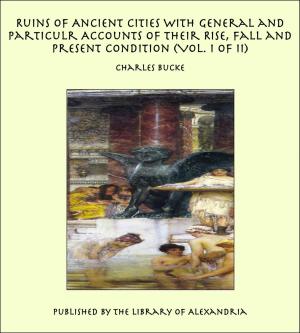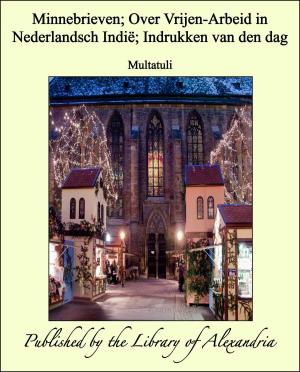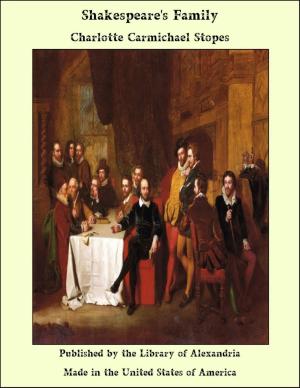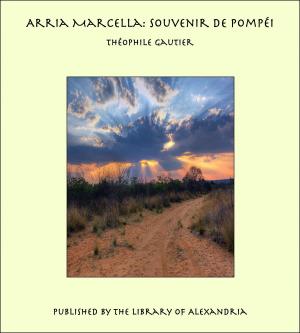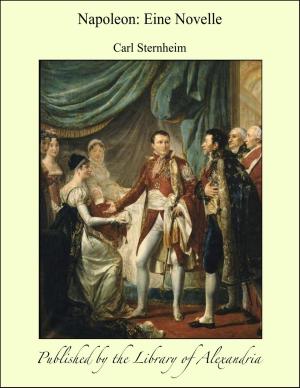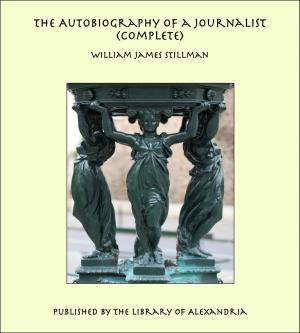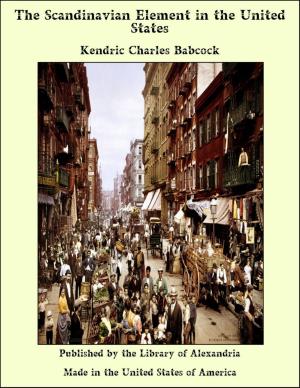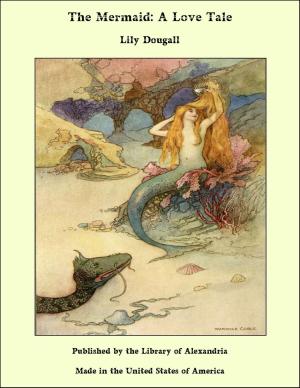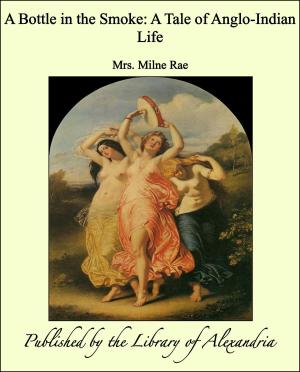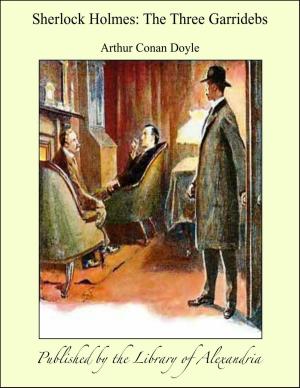The Secret of the Universe
Nonfiction, Religion & Spirituality, New Age, History, Fiction & Literature| Author: | Nathan R. Wood | ISBN: | 9781465581105 |
| Publisher: | Library of Alexandria | Publication: | March 8, 2015 |
| Imprint: | Language: | English |
| Author: | Nathan R. Wood |
| ISBN: | 9781465581105 |
| Publisher: | Library of Alexandria |
| Publication: | March 8, 2015 |
| Imprint: | |
| Language: | English |
When the Hebrew Singer, marvelling at the fact of which he had no doubt, that man is visited by God, exclaimed "When I consider Thy Heavens," he was undoubtedly comparing the apparent littleness of man with the vastness of the universe of which he was conscious. The expression "Thy heavens" included for him that universe whose existence was demonstrated by the "Moon and the stars." Evidently it was a song composed at night. Like all inspired expressions it was inclusive. How much it included, the Singer certainly did not know. How vast the universe is, we even now do not know. But to-day we know its vastness far better than David did. Science bewilders us with its affirmations as to its extent. This enlargement of apprehension does but accentuate for thinking minds the wonder of it, and creates what we now often describe, borrowing Haeckel's words, as "The Riddle of the Universe." To recognize a riddle, is to postulate a solution. Finally, somewhere, somehow, there must be a whole, which resolves all parts into itself. Perhaps we should say that is the conviction of faith, which is the last word of reason. The mind of man has been seeking ever for a statement of that Whole in terms which include all the parts, in other words asking "What is the Secret of the Universe?" For every suggestion which Philosophy has made we are grateful, for its blunders which have needed correction and so have helped us, as well as for its recognitions of principles and laws which abide. To that great Quest President Nathan Wood has made a contribution in this book. To me it is more than a Quest, it is a Conquest. In bulk this book is small. In reach it is as vast as the Universe. I could describe it as "The Philosophy of the Universe." The probably would prefer to call it "A Philosophy of the Universe." Whether "The," with its suggestion of finality, or "A," calling for further investigation, it is Philosophy, and must make an appeal to all who are seeking light on the fascinating mystery. Personally when Dr. Wood did me the honour of allowing me to peruse the manuscript, I read it with growing amazement, at the final inclusiveness of its outlook, and the clear and cogent statement of its examination of those parts which interpret the whole. The first three parts of the book are as fascinating as a Fairy Story. That perhaps is an unfortunate figure of speech as it may suggest something fanciful. I employ it rather in the sense that truth is stranger than fiction. The final part requires more careful, or shall I say slower reading, as the gives us a keen and penetrative analysis of the Universe.
When the Hebrew Singer, marvelling at the fact of which he had no doubt, that man is visited by God, exclaimed "When I consider Thy Heavens," he was undoubtedly comparing the apparent littleness of man with the vastness of the universe of which he was conscious. The expression "Thy heavens" included for him that universe whose existence was demonstrated by the "Moon and the stars." Evidently it was a song composed at night. Like all inspired expressions it was inclusive. How much it included, the Singer certainly did not know. How vast the universe is, we even now do not know. But to-day we know its vastness far better than David did. Science bewilders us with its affirmations as to its extent. This enlargement of apprehension does but accentuate for thinking minds the wonder of it, and creates what we now often describe, borrowing Haeckel's words, as "The Riddle of the Universe." To recognize a riddle, is to postulate a solution. Finally, somewhere, somehow, there must be a whole, which resolves all parts into itself. Perhaps we should say that is the conviction of faith, which is the last word of reason. The mind of man has been seeking ever for a statement of that Whole in terms which include all the parts, in other words asking "What is the Secret of the Universe?" For every suggestion which Philosophy has made we are grateful, for its blunders which have needed correction and so have helped us, as well as for its recognitions of principles and laws which abide. To that great Quest President Nathan Wood has made a contribution in this book. To me it is more than a Quest, it is a Conquest. In bulk this book is small. In reach it is as vast as the Universe. I could describe it as "The Philosophy of the Universe." The probably would prefer to call it "A Philosophy of the Universe." Whether "The," with its suggestion of finality, or "A," calling for further investigation, it is Philosophy, and must make an appeal to all who are seeking light on the fascinating mystery. Personally when Dr. Wood did me the honour of allowing me to peruse the manuscript, I read it with growing amazement, at the final inclusiveness of its outlook, and the clear and cogent statement of its examination of those parts which interpret the whole. The first three parts of the book are as fascinating as a Fairy Story. That perhaps is an unfortunate figure of speech as it may suggest something fanciful. I employ it rather in the sense that truth is stranger than fiction. The final part requires more careful, or shall I say slower reading, as the gives us a keen and penetrative analysis of the Universe.



